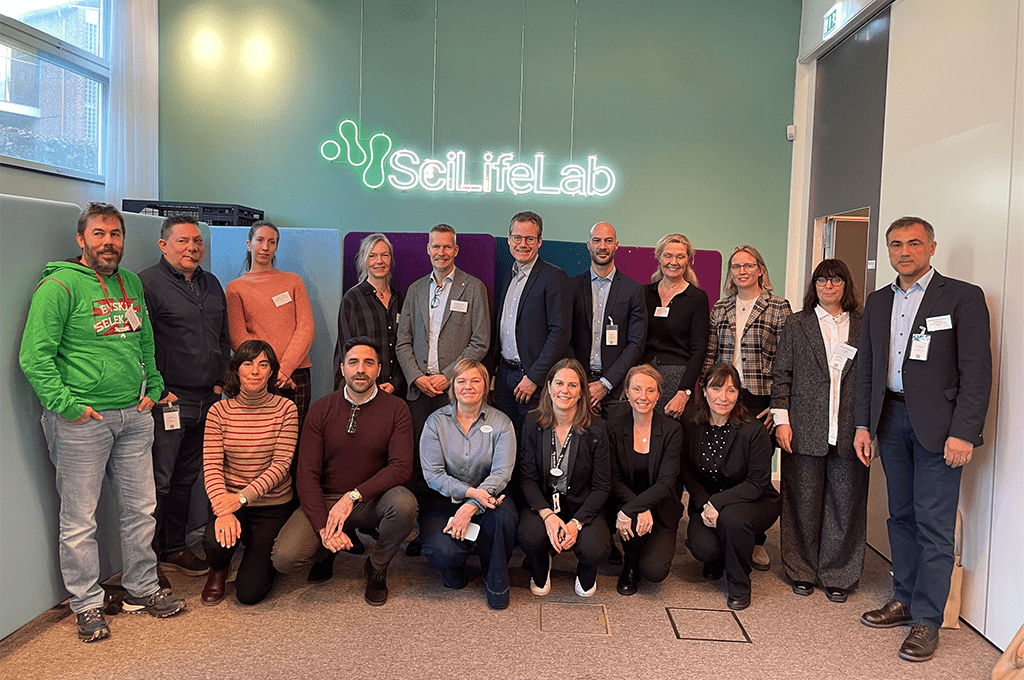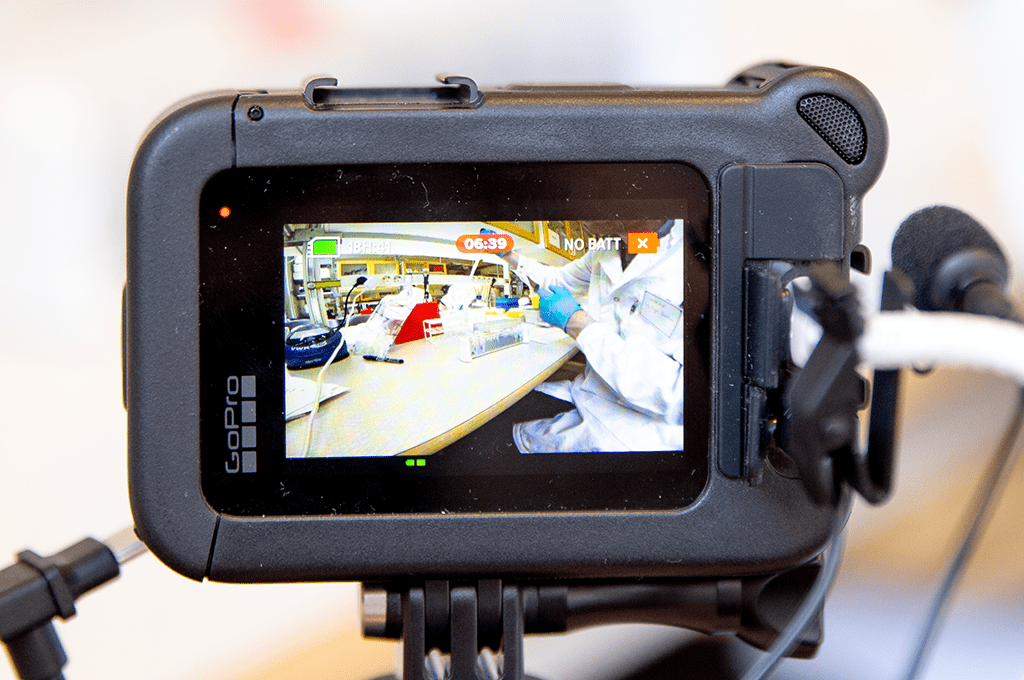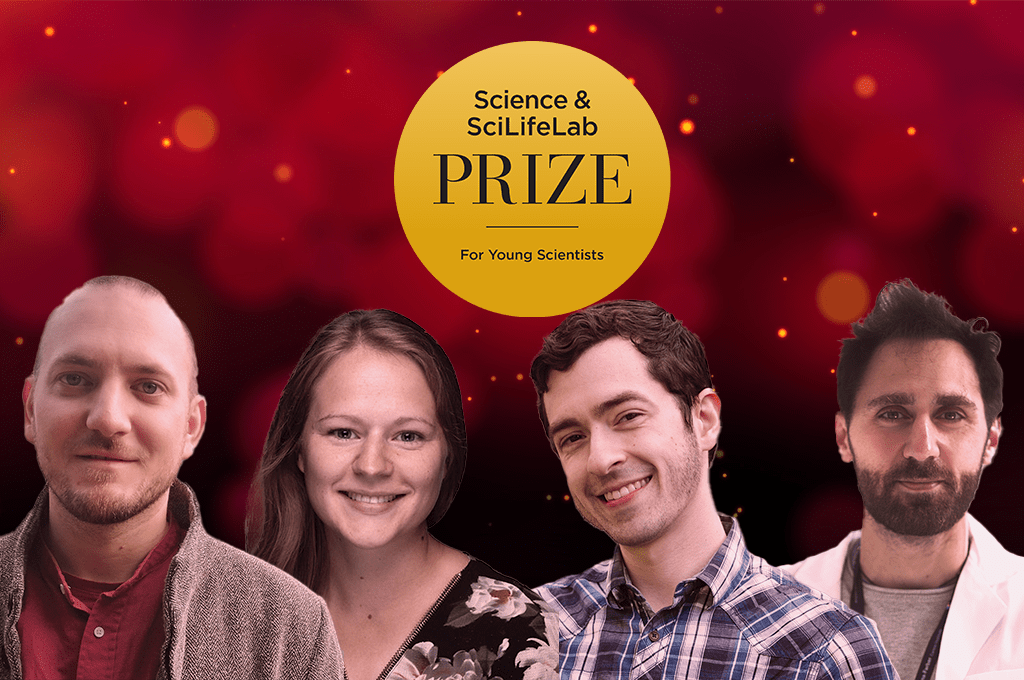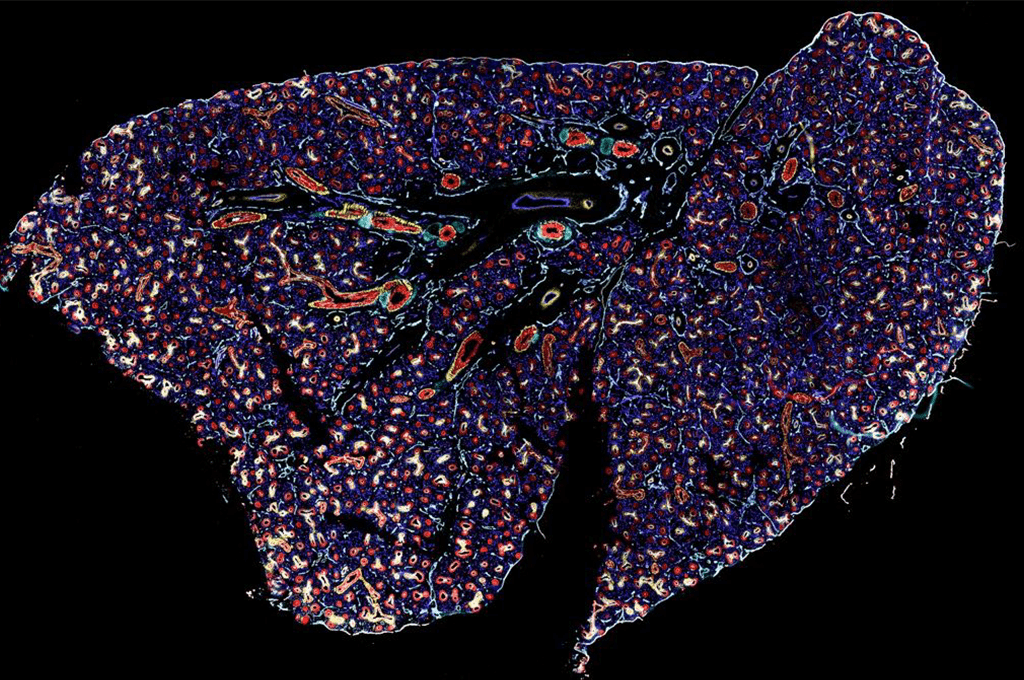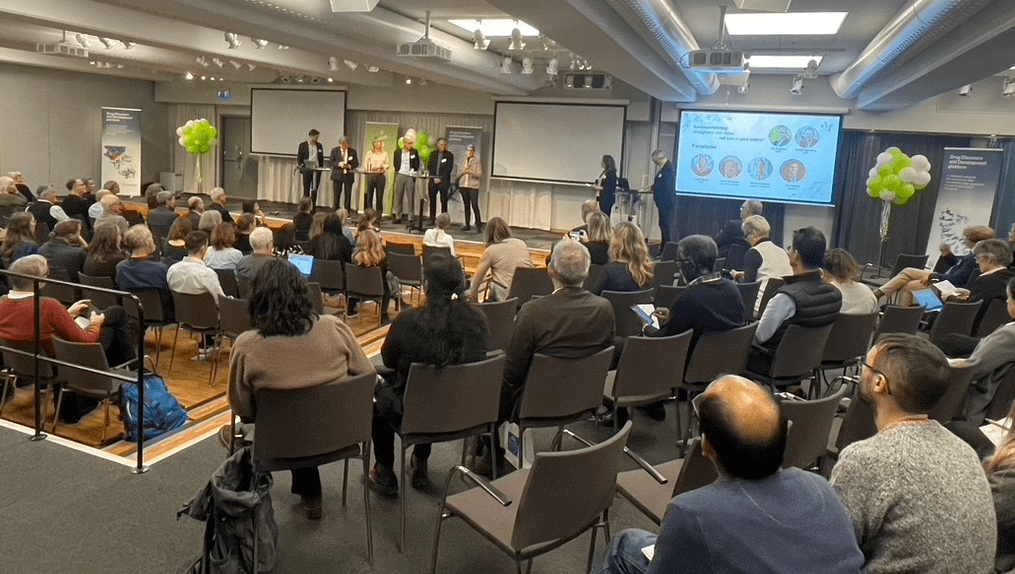“Personalized medicine is like climbing an unknown peak”
On November 11-12, Sweden’s Innovation Agency, VINNOVA hosted the European Partnership for Personalized Medicine for a site visit with representation from patient organizations, healthcare decision-makers, clinicians and researchers, co-arranged with Karolinska University Hospital, Karolinska Institutet, and two national precision medicine actors, Genomic Medicine Sweden (GMS), and SciLifeLab. This opportunity to weave together thoughts from European precision medicine stakeholders was the first of its kind, and was held in Sweden.
Discussions during the days were grounded in the definition of personalized medicine from the European council 2015, stating that “characterisation of individuals’ phenotypes and genotypes for tailoring the right therapeutic strategy for the right person at the right time, and/or to determine the predisposition to disease and/or to deliver timely and targeted prevention.”
“Personalized medicine is like climbing an unknown peak where the life line is research, innovation and healthcare. Let’s aim for the highest summit together and leave no one behind”, Laurent Saunier, Head of Precision Health at VINNOVA, initiated the discussion.
The meeting gave opportunities to connect and highlight national initiatives within precision medicine, and pave the way for future national and European collaborations.
Anna Wedell, Director, Precision Medicine Center Karolinska (PMCK), Professor/senior consultant, CMMS, Karolinska University Hospital gave a presentation on the transformation of medicine and the system change that precision medicine has made possible.
“We are challenging barriers, the message we need to stress to decision makers is that technologies are pioneered by genomics, and there is much more to do in that field, but also to get technologies into healthcare and work across silos. We need to work in new ways – learn from data in new ways”, Anna Wedell concluded.
Genomic Medicine Sweden, was founded in 2018 with the aim of translating innovation in genomics into clinical practice and implementing a sustainable infrastructure for precision medicine in Sweden.
Richard Rosenquist Brandell, Professor/senior consultant, Clinical Genetics and Genomics, Karolinska University Hospital and Director Genomic Medicine Sweden reflected on the fast paced development that we are currently facing to meet patient’s need for personalized medicine.
“A lot has happened since Genomic Medicine Sweden was founded in 2018 and today precision health is in the state budget for the next-coming six year period. Together with SciLifeLab, GMS have built a research implementation model based on the quadruple helix steering of GMS: healthcare, academia, patients and industry. As Sweden is a small country with a population of 10,5 million inhabitants, we need to join forces nationally and collaborate internationally”, Richard Rosenquist Brandell stated.
Richard Rosenquist Brandell highlighted the example of whole genome sequencing in diagnostics for childhood cancer, which all university healthcare regions in Sweden reimburse for routine diagnostics since May 2024.
Karin Liljelund, representing the Swedish Lung Cancer Association shed light on the individual patient journey and the need for patient and citizen engagement in precision medicine. Having herself been through treatment of metastasized lung cancer, she shared the experience of precision medicine as decision support for changing targeted treatment regimen. She further shared wishes for future development of precision medicine.
“The patient should be involved in the whole chain, from diagnosis, treatment and follow-up – patients need to be educated and well informed. Equal care. Early detection. We need stronger primary care and primary care research, AI-based decision support for general practitioners in primary care, screening and new biomarkers”, said Karin Liljelund.
Päivi Östling (Karolinska Institutet) is Scientific Lead for Precision Medicine at SciLifeLab raised awareness of current and future perspectives of true multi-modality in development of precision medicine at SciLifeLab as well as in programs and initiatives where SciLifeLab contributes, such as the TEF-Health project and the national DIGIfor1HealthSE, coordination project
“On the wish-list for technology and data-driven precision medicine is implementation of broad digital patient consent, systematic sample collection and data provenance. Furthermore, to succeed, it is crucial to secure handling of sensitive research data and conduct large systematic clinical studies and to ensure real-time data generation and sharing”, said Päivi Östling.
Janne Lehtiö (Karolinska Institutet) Scientific Lead for Precision Medicine and DDLS Precision Medicine Area Lead pointed to the drive of development by data. The paradigm shift towards data-driven life science and use of data-driven decisions in healthcare is now, but what does that mean for patients and how can we start with cutting-edge individualized medicine and thereafter move to a larger perspective for the population?
“One data-driven example is the Molecular Tumour Board Portal where genomic and clinical data is harmonized and compared to seven cancer centers to form individual reports for individual cancer patients. The cases are then discussed weekly in the European Molecular Tumour Board to virtually connect around one patient. This creates an opportunity to disseminate information and learn”, said Janne Lehtiö.
The meeting was rounded off with a panel discussion highlighting strengths, challenges and opportunities with the joint European perspective on precision medicine.
“We aim to build synergies among European Partnerships for Personalized Medicine. Many successful ecosystems exist locally and regionally, when they become bigger and should be scaled we need to meet in the middle to keep enthusiasm at local level in combination with more regulations”, Alexandru Costescu, DG-RTD European Commission rounded off. Visitors were also given the opportunity to join laboratory tours at the Center for Imaging Research (CIR) by Daniel Lundqvist and of Clinical Genomics and Spatial Omics by Anna Leinfelt and Charlotte Stadler respectively.
Kristina Levan, Director of Sahlgrenska ATMP Center, Frida Lundmark, Policy Expert at Lif, Helena Linge, Research and Education Strategist, Region Halland and Helena Nilsson, Development Strategist, Region Örebro County also participated in the program of the visit.
The meeting was recorded and all presentations are available at EP PerMed
